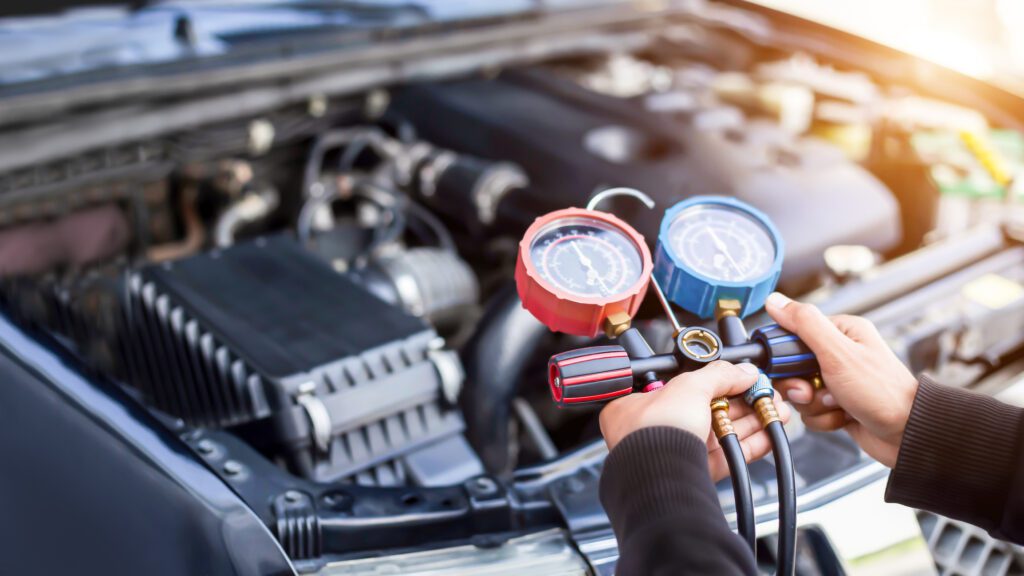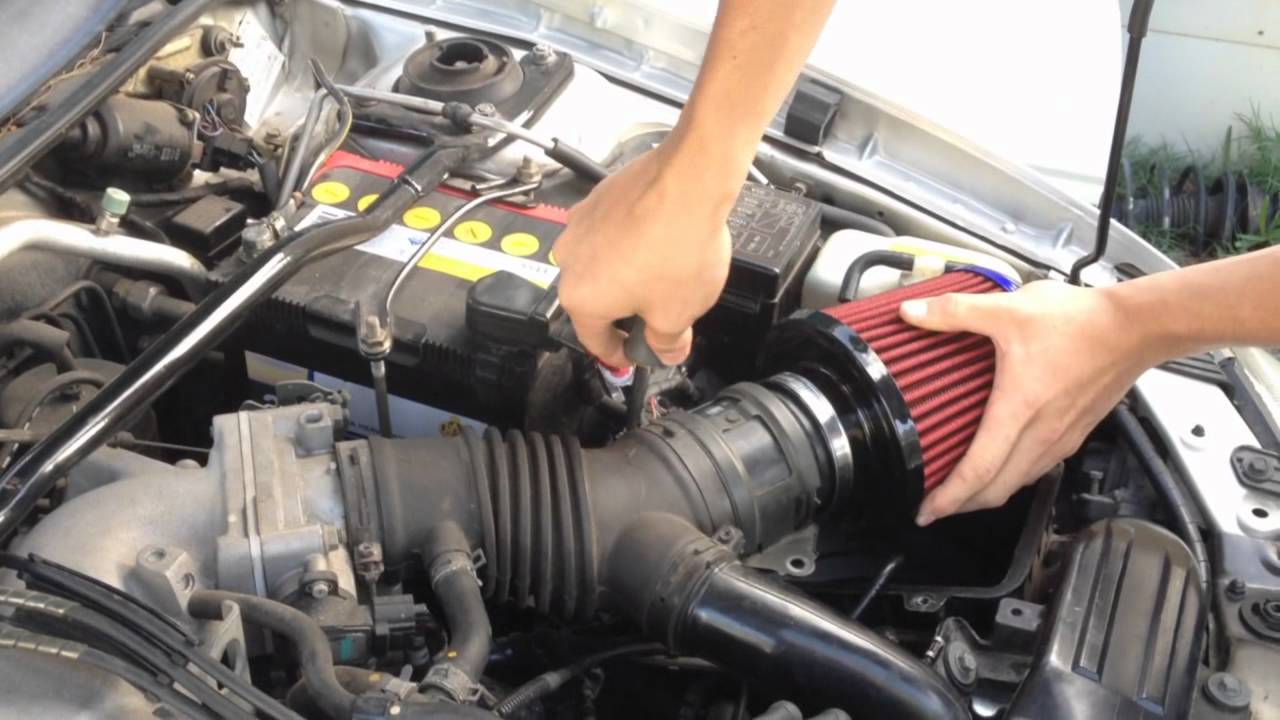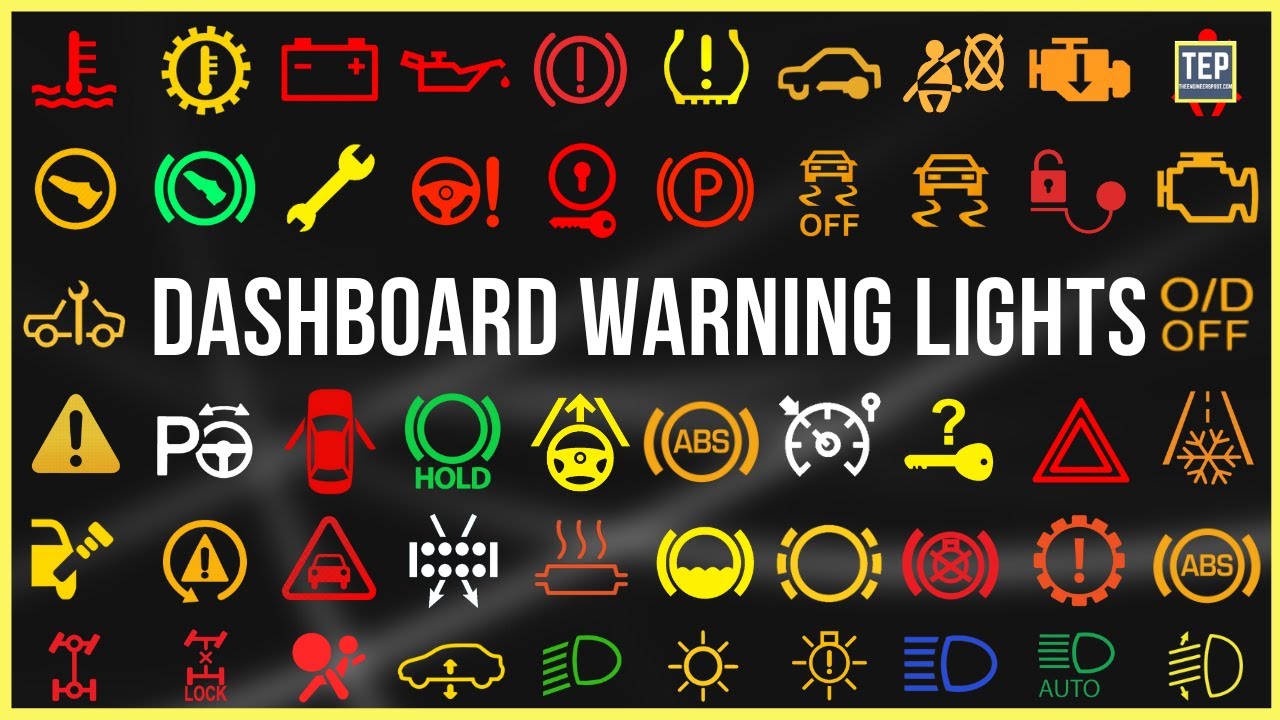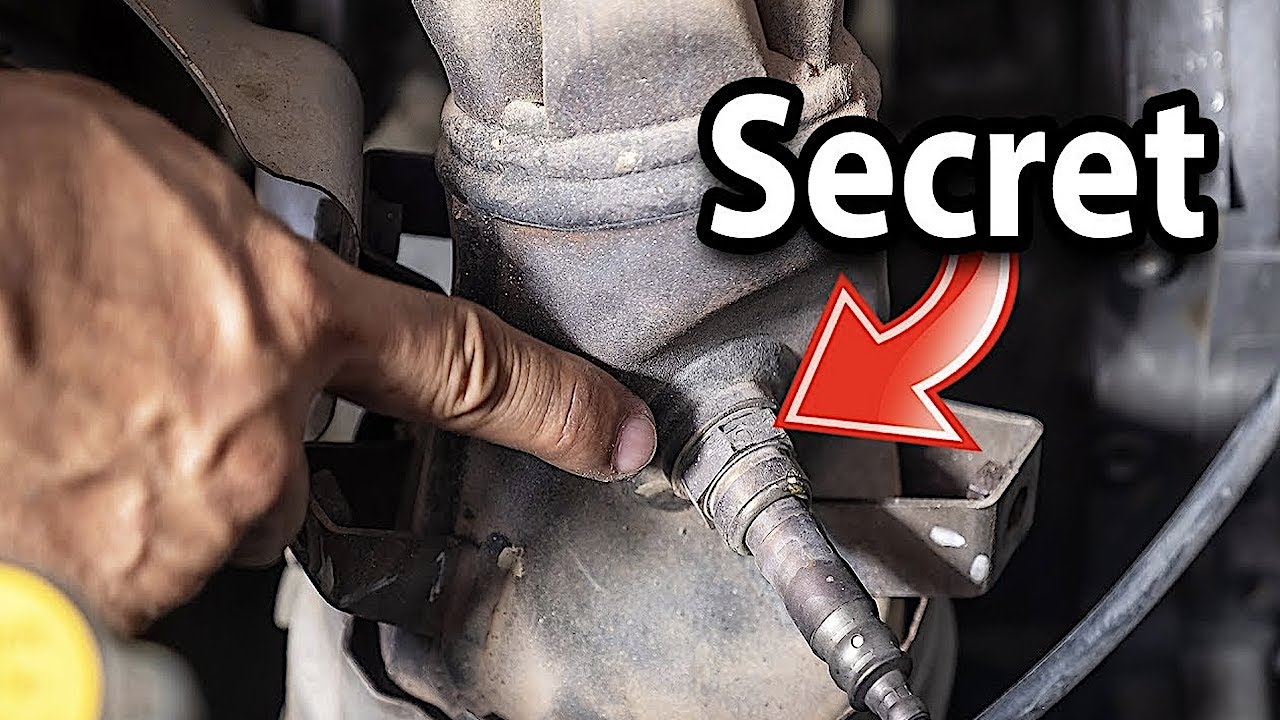As the summer heat approaches, it’s crucial to ensure that your car’s air conditioning system is in top condition. A well-functioning AC system not only keeps you cool and comfortable during hot weather but also helps reduce humidity, which can prevent foggy windows and improve overall visibility.
In this article, we will discuss essential maintenance tasks to keep your car’s AC system blowing cool air throughout the summer months.
1. Check Your Cooling Fans

The first step in maintaining your car’s AC system is to ensure both cooling fans are working. These fans help provide sufficient airflow to the condenser, ensuring efficient cooling. If one or both fans aren’t functioning, the condenser may not get adequate airflow, causing inefficiency or even damage.
2. Inspect for Debris

Debris such as leaves, bugs, and dirt can obstruct airflow in your car’s AC system, reducing its efficiency and causing damage. Inspect the system for debris, including the condenser, evaporator, and radiator, and clean or remove any obstructions.
3. Clean Cabin Air Filters

Cabin air filters help remove dirt, dust, and allergens from the air before it enters the car’s interior. Over time, these filters can become clogged with debris, affecting AC performance and potentially causing unpleasant odors. Inspect and replace your cabin air filters regularly, as recommended by your car’s manufacturer.
4. Examine the Drive Belt

The drive belt, also known as the serpentine belt, powers the compressor, among other components. Inspect the belt for signs of wear and tear, such as fraying or cracking, and replace it if necessary. A damaged drive belt can lead to a malfunctioning AC compressor and reduced cooling efficiency.
5. Monitor Refrigerant Levels

Your car’s AC system relies on refrigerant to absorb heat and cool the air. If your system requires frequent refrigerant top-ups, it may be leaking, which can lead to long-term damage and reduced cooling efficiency.
Use pressure gauges to monitor the low-side pressure (around 30 psi) and high-side pressure (around 150 psi) to determine if your system is properly charged. If you suspect a leak, consult a professional for repairs.
6. Schedule Regular Maintenance

In addition to the above tasks, it’s essential to schedule regular maintenance for your car’s AC system. A professional technician can inspect the system, identify potential issues, and perform necessary repairs or replacements. Regular maintenance can help prevent costly repairs, prolong the lifespan of your AC system, and ensure optimal cooling efficiency.
Common AC System Problems and Solutions

Some of the common AC problems and their solutions are:
- Insufficient Cooling
If your AC system isn’t cooling properly, check the cooling fans, condenser, and refrigerant levels. You may also want to inspect the compressor, as a malfunctioning compressor can significantly impact cooling efficiency.
- Unpleasant Odors
If your car’s AC system is producing unpleasant odors, the culprit is likely a dirty or clogged cabin air filter. Replace the filter, and consider using a deodorizer to eliminate any lingering smells.
- Reduced Airflow
If you’re experiencing reduced airflow from your car’s vents, inspect the cooling fans, condenser, and cabin air filters. A damaged blower motor or a clogged evaporator can also cause reduced airflow.
Additional Tips for Maintaining Your Car’s AC System

1. Avoid Overuse
While it’s tempting to crank up the AC during hot weather, excessive use can strain the system and reduce its lifespan. Use the AC only when necessary, and consider using the recirculation mode to save energy.
2. Park in the Shade
Parking in the shade can help reduce the temperature inside your car and reduce the workload on your AC system.
3. Utilize Sunshades
Sunshades can help reflect sunlight and prevent your car’s interior from heating up, reducing the need for excessive AC use.
Conclusion
Maintain your car’s AC system by checking cooling fans, inspecting for debris, replacing cabin air filters, examining the drive belt, and monitoring refrigerant levels. Regular maintenance and addressing common problems can ensure optimal cooling efficiency and prevent costly repairs. Stay cool this summer with a well-maintained AC system.





